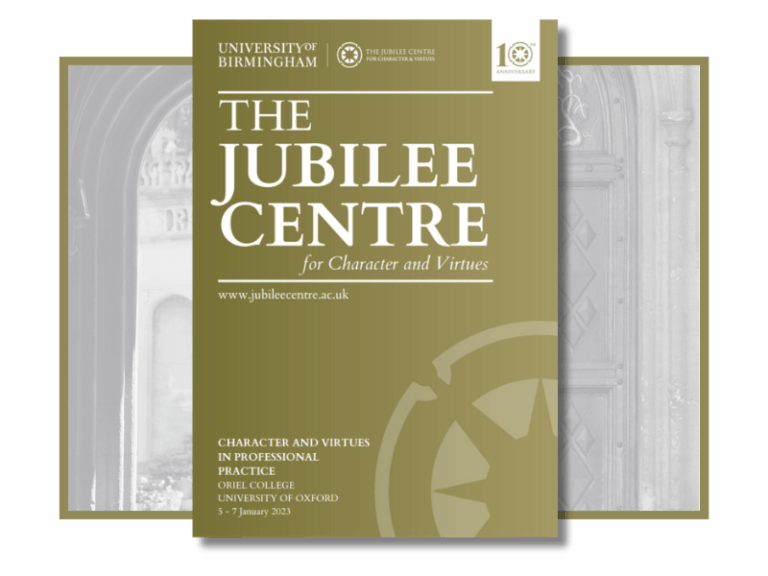
Character and Virtues in Professional Practice
January 5th – 7th 2023
There is a burgeoning interest in wisdom and, specifically, phronesis development in professional practice, and in the education of teachers, doctors, nurses, business people, social workers, lawyers, soldiers, and police officers, to name but a few professions. However, these studies are often conducted in isolation from more general research into young people’s character development and character education in schools.
The aim of this conference was to bring those two discourses closer together by exploring how advances made in the study of character virtues in the last two decades can inform further work on virtue-based professional ethics.


